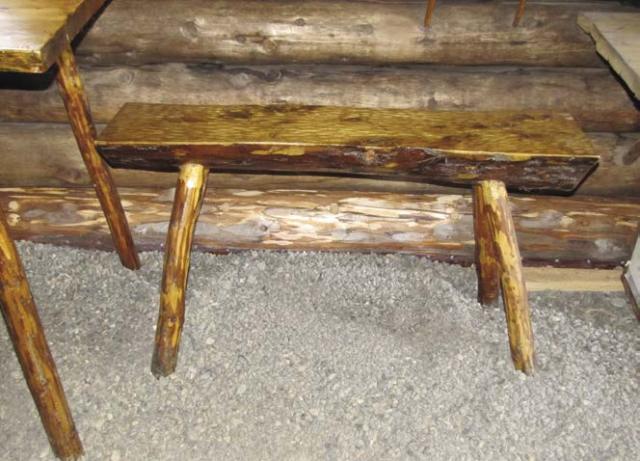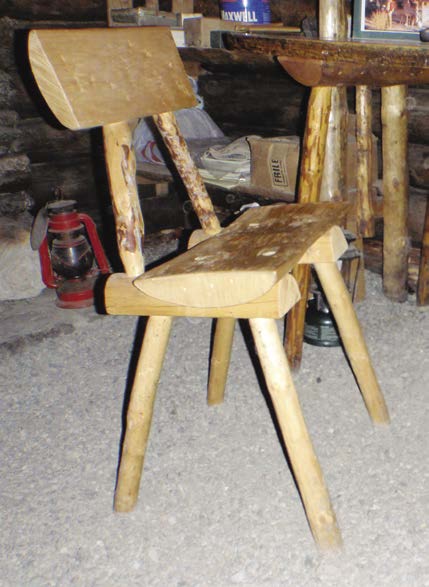
This comb-back stick chair is designed for dining and working at a desk, though its back is leaned back just a bit more to add some comfort.
I’m offering it for sale for $1,500 via a random drawing. The price includes crating and shipping to your door anywhere in the lower 48 states of the U.S. Details on the sale are at the bottom of this entry. First, some notes about the chair.
The chair is made from American sycamore (seat, arms and comb) and dead-straight red oak for the legs, stretchers and sticks. The sticks are shaved and left octagonal. All the tenons are cut slightly proud and burnished. All the chair’s joints are assembled with animal glue, which is reversible, and wedged with hickory wedges selected for arrow-straight grain.

The seat is tilted 2.5°, with the chair’s back tilted 14.5° off the seat, making this a great chair for enjoying a meal or writing a letter. The seat is 17” off the floor, making it comfortable for most sitters. The chair is 40” tall overall.
It is finished in soft wax, a non-toxic finish we make here in the shop. The finish is not terribly durable, but it is easy to repair if you ever damage it. The finish lasts many years if you don’t abuse it, and the oil from your skin enhances it and adds to the luster. THis is a finish that looks better every year.
Like all my chairs, I make them as best I can, but most of the work is by hand. So you will find an occasional stray tool mark or tiny imperfection. These are not left intentionally, but they are the result of hand work.
This is my 19th chair this year.

How to Buy the Chair
The chair is being sold via a random drawing. If you wish to buy the chair, send an email to lapdrawing@lostartpress.com before 3 p.m. (Eastern) on Friday, Sept. 27. Please use the subject line: “Sycamore Chair.” In the email please include your:
- U.S. shipping address
- Daytime phone number (this is for the trucking quote only)
If you are the “winner,” the chair will be shipped to your door. The price includes the crate and all shipping charges. Alternatively, the chair can be picked up at our storefront. (I’m sorry but the chair cannot be shipped outside the U.S.)
— Christopher Schwarz
P.S. You can get free patterns for this chair here.









